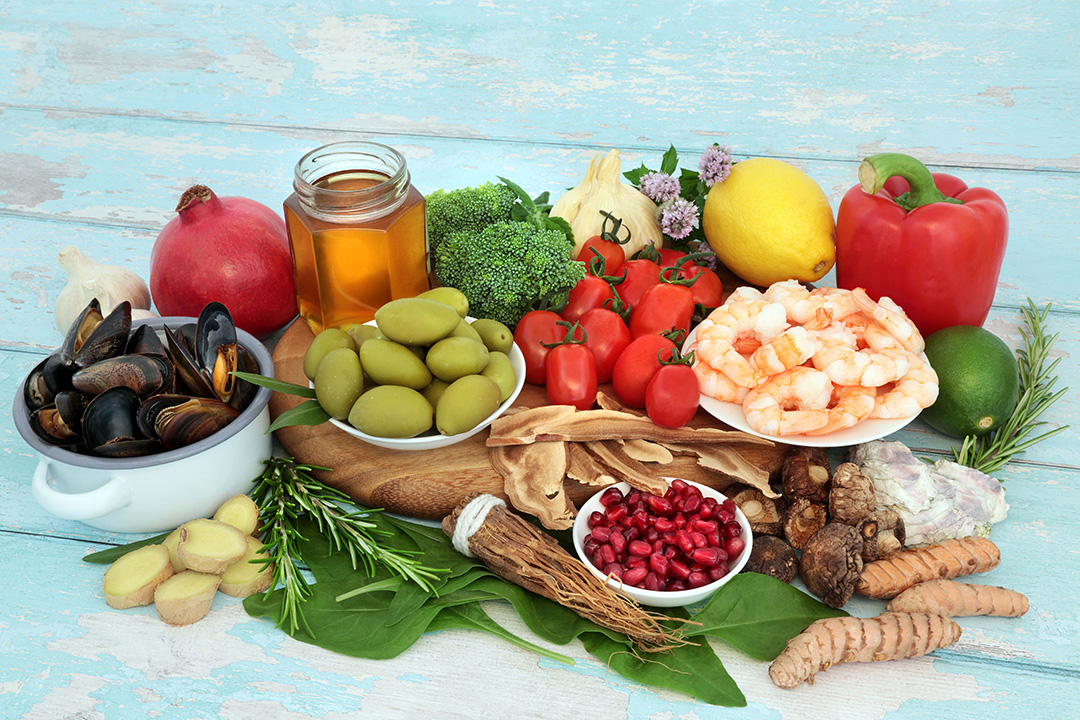We’re back with a new edition of our “On the Road” blog series! We’re featuring SAGE Registered Dietitian Amanda Zimmerman, who attended the Culinary Institute of America’s annual Menus of Change conference in June 2023. We caught up with Amanda to hear about her experience and what she learned at this leadership summit.
What was the Menus of Change conference about?
This annual conference centers on topics that are critically relevant to chefs and operators in the food service industry. The mission is to empower culinary generations to secure the financial viability of their food service operations while driving a focus on personal and public health, environmental stewardship, and social responsibility.
What was an interesting fact you learned?
Bivalves (more commonly known as oysters, clams, scallops, and mussels) are the most sustainable source of animal protein. They don’t require feeding, fresh water, land, antibiotics, or chemicals to farm. They also actively sequester carbon, helping reduce the amount of carbon dioxide in the atmosphere that contributes to climate change. Sea vegetables and sea greens are a diverse group of edible marine algae that grow in or near the ocean, rivers, and lakes and are a great alternative to soil-grown vegetables. Like bivalves, they don’t require land, fresh water, or fertilizer and are great at sequestering carbon.
What was your biggest takeaway from Menus of Change?
Overall, sustainable eating should be appealing to everyone to make the biggest impact. I appreciated the conference's positive focus on foods that we should be consuming more due to their nutrient density and environmental impact instead of focusing on foods we shouldn’t be consuming for opposing reasons. The recommendations aren’t all or nothing, and we can still make considerable progress for the future. Moreover, honoring global cuisines and traditions can be an effortless way to embrace plant-based meals.
What’s one thing we can do to support the environment through our food choices?
Start by trying something new today! Our food choices influence our health and the planet’s health. Try to include bivalves and sea vegetables in your diet; embrace whole, plant-based proteins; and honor another culture’s cuisine by trying a new recipe or finding a local restaurant to support. Eating sustainably doesn’t have to be all or nothing, and it can truly benefit your health and the planet.
To learn more about Menus of Change, visit menusofchange.org.






